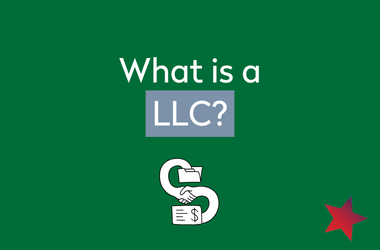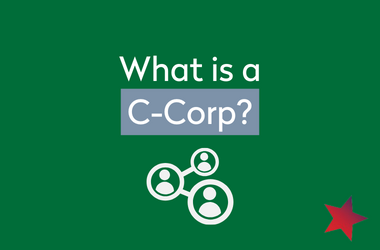Difference Between Non-Profit and For-Profit Entities
What is a Non-Profit Entity?
A non-profit, not-for-profit, or NPO, is an organization that does not seek to earn profit for its owners. Rather, all of the money earned is used to keep the organization running and to meet its mission and goals, serving the greater good of the community. Unlike the name suggests, non-profits do generate revenue as they must pay employees, vendors, and operational expenses just as any other business does in order to function. Different from a for-profit, if a NPO has a surplus of revenue, the entity must put those funds back into the programs and services they provide (rather than splitting this extra income as a bonus amongst shareholders). These entities, often with a focus on charitable causes, are usually exempt from paying taxes and do not flow profits through to their members. In addition, they are prohibited from paying dividends, as the goal of these entities is to put all funds toward the organization’s objectives while keeping it afloat.
Any entity seeking tax-exempt status must request 501(c)3 status from the IRS, which may only fall into certain categories such as religious, charitable, or public safety enterprises. They are typically funded by donations, grants, and other forms of support from individuals, corporations, and government agencies. Examples of non-profit organizations include arts organizations, museums, health clinics, and educational institutions. Because non-profit organizations must comply with state agencies as well as federal requirements, it’s important to consider the amount of work involved in meeting these requirements before choosing to file as a non-profit organization. It’s also a good idea to consult with accounting and legal advisors before proceeding.
Not sure if incorporating as a 501(c)3 is right for you? Consider fiscal sponsorship, a beneficial alternative for performing arts individuals or groups who may not have the resources, expertise, or desire to establish and manage their own nonprofit organization, but still need support to pursue their charitable or social objectives.
What is a For-Profit Entity?
Unlike a non-profit, which is exempt from taxes, for profit organizations are subject to taxation. While IRS code 501(c)(3) allows for non-profits to be excused from taxation, those organizations not registered as a 501(c)(3) are subject to taxes. For example, C corporations, often called “general for profit” corporations, are owned by shareholders and exist to create profit for those shareholders. These profits are defined as any revenue (or sales) that exceeds expenses (costs) and taxes incurred by the organization. The management of a company involved in for profit enterprises are therefore seeking to maximize those profits for its shareholders. It’s important to consult with tax and legal professionals before choosing a for profit organization structure. For-profit incorporation structures include LLCs, S Corps, C Corps, and B Corps.
|
Benefits of Being a Non-Profit |
Disadvantages of Being a Non-Profit |
|
|
Related Resources
What is Fiscal Sponsorship?
What is Fiscal Sponsorship? Definition of Fiscal Sponsorship in the Performing Arts Fiscal sponsorship is a relationship in which a nonprofit organization (the fiscal sponsor) agrees to accept and manage funds on behalf of another organization or individual project...
What is a LLC?
What is a LLC in the Performing Arts?Definition of LLC A Limited Liability Company (LLC) is defined as a legal business entity that limits the company’s members from risk of loss. The owners of an LLC are usually referred to as “members,” as the structure is more of...
What is a C Corp?
What is a C-Corp?What is a C-Corp, and how does it differ from other types of corporate structures? A C corporation (C corp) is defined as a legal business entity that is taxed separately from its owners or shareholders. This includes performing arts entities. Often...



